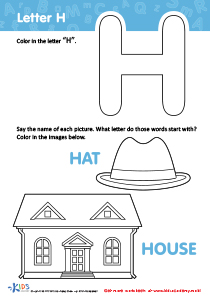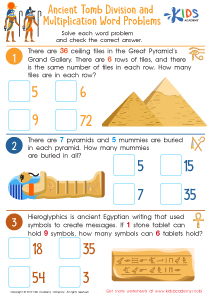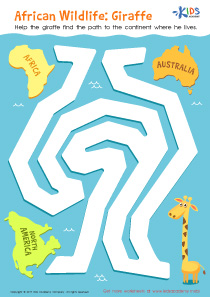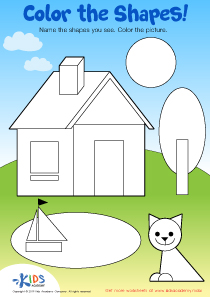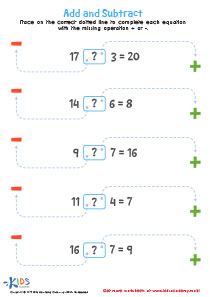Science Lessons | Relationships in ecosystems for Ages 4-5
4 results
Discover the Wonders of Nature: Relationships in Ecosystems for Ages 4-5
Embark on a fascinating journey through nature with our interactive lessons designed specifically for children ages 4-5. Our unique program unveils the magic of "Relationships in Ecosystems" through engaging worksheets, captivating educational videos, and fun assessment quizzes. Young learners will explore how plants, animals, and other elements coexist in harmony within ecosystems. This hands-on approach not only ignites curiosity but also instills a deep respect for the natural world. Perfect for budding environmentalists, our lessons promise to make learning about nature's interconnectedness an unforgettable adventure. Join us and watch your child's understanding of the environment grow!
In the enchanting world of early childhood education, where curiosity blooms and little minds are eager to explore, the introduction of "Relationships in Ecosystems for Ages 4-5" stands as a beacon of discovery. This innovative lesson series, carefully designed for young learners, offers a unique blend of interactive worksheets, captivating educational videos, and engaging assessment quizzes, all aimed at unraveling the intricate web of life that sustains our planet.
Understanding the relationships within ecosystems is not just about learning facts; it's about cultivating a sense of wonder and respect for the natural world. For children aged 4-5, these lessons serve as a gentle yet profound introduction to the idea that everything in nature is connected. Through playful, interactive worksheets, children are invited to embark on a journey of discovery. These worksheets are not mere paper tasks; they are gateways to imaginative thinking, where every line drawn or color filled in helps unravel the mysteries of nature's interconnectedness.
Moreover, the role of educational videos in this curriculum cannot be overstated. These videos are crafted with the young audience in mind, featuring vivid imagery, engaging narratives, and a pace that matches the attention spans of 4 to 5-year-olds. Through these visual stories, children are taken on virtual field trips to explore forests, oceans, and deserts, witnessing firsthand the relationships that define ecosystems. Whether it's the symbiotic partnership between bees and flowers or the critical role of decomposers in nutrient cycling, these videos make complex concepts accessible and enjoyable.
Assessment quizzes, though a more formal tool, are ingeniously designed to reinforce learning in a fun, interactive manner. These quizzes serve as milestones, helping both educators and parents gauge the child's understanding and appreciation of the material. Far from being daunting, these quizzes are presented as games, where every correct answer is a cause for celebration and every mistake a learning opportunity.
The benefits of starting ecosystem education at such a tender age are manifold. Firstly, it lays a robust foundation for scientific inquiry, encouraging children to ask questions, seek answers, and observe the world around them with keen eyes. Secondly, it fosters environmental stewardship, instilling in young hearts the importance of caring for our planet and all its inhabitants. By understanding the delicate balance of nature, children learn early on that their actions have an impact, cultivating a sense of responsibility and empathy.
Furthermore, "Relationships in Ecosystems for Ages 4-5" is not just a stand-alone module; it's a doorway to interdisciplinary learning. Concepts introduced here can seamlessly integrate with lessons in other areas such as literacy, art, and mathematics. For instance, reading stories about animals in their habitats enhances vocabulary and comprehension skills, while drawing ecosystems or counting plant species can sharpen artistic and mathematical abilities.
In conclusion, the Relationships in Ecosystems lessons for children aged 4-5 are much more than an educational curriculum; they are an invitation to a lifelong journey of exploration and stewardship. Through interactive worksheets, educational videos, and assessment quizzes, young learners are equipped not only with knowledge but with a passion for the natural world that will serve them well in all their future endeavors. In nurturing an early appreciation for the beauty and complexity of ecosystems, we are planting the seeds for a greener, more sustainable future.
